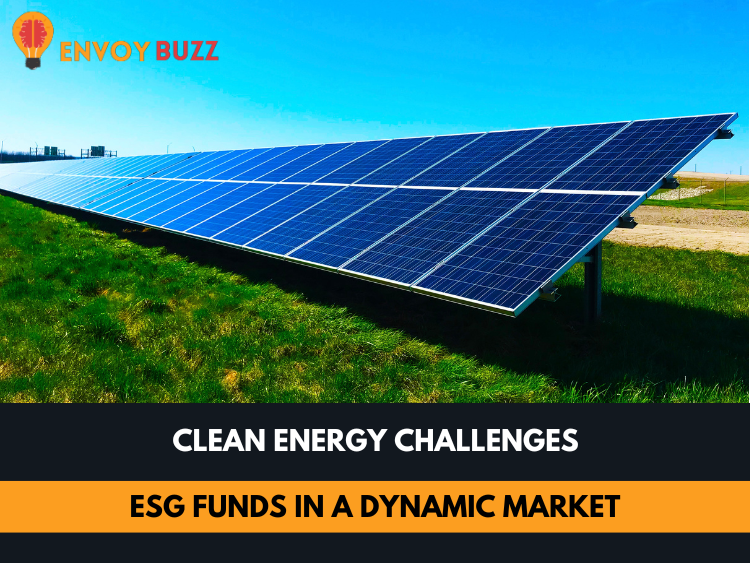In the ever-evolving landscape of sustainable investing, 2023 has witnessed a notable deceleration in the demand for Environmental, Social, and Governance (ESG) funds globally. Despite the tech sector’s commendable performance lifting returns, political controversies and concerns regarding “greenwashing” have cast shadows on the once-thriving ESG investment domain.
The surge in ESG investments during 2020 and 2021, fueled by the COVID-19 pandemic and a push for climate-conscious portfolios, gave way to diversification beyond fossil fuels. However, the momentum started to wane in 2022, coinciding with a surge in conventional energy prices.
Republican politicians in the United States spearheaded a political backlash against ESG, withdrawing substantial state funds and introducing bills aimed at curbing the use of ESG criteria. Simultaneously, suspicions of “greenwashing” – unsubstantiated environmental claims by companies – further contributed to the decline in ESG’s appeal.

LSEG Lipper data revealed a significant drop in net new deposits for funds classified as “responsible investing” in 2023, recording $68 billion through Nov. 30, down from $158 billion in 2022 and $558 billion in 2021. Despite this, the funds demonstrated resilience, posting inflows amidst challenges.

ESG funds managed to outperform the broader market, propelled by substantial exposure to technology stocks, including industry giants like Apple and Alphabet. The Dow Jones Sustainability World Index showcased a total return of 21.7% in 2023, outshining the S&P Global Broad Market Index.
Iain Snedden of Aegon Asset Management identifies a potentially more favourable market backdrop for sustainable strategies. Factors such as falling inflation, declining interest rates, and attractive valuations for growth stocks may contribute to the resurgence of ESG funds.
Despite the slowdown, total “responsible” fund assets reached $2.56 trillion by Nov. 30, 2023, reflecting an increase from $2.35 trillion at the end of 2022. This growth, excluding responsible funds, contrasts with the $52.6 trillion in all other global fund assets.
While responsible fund assets grew globally, Europe, representing approximately 80% of sustainable assets, experienced modest inflows. In contrast, U.S. sustainable funds faced outflows, primarily attributed to decisions by major players like BlackRock.
Pure-play sustainable funds, especially in the clean energy sector, encountered challenges in 2023. The Invesco Solar Energy ETF, for instance, saw a decline of 27%, reflecting the impact of rising rates and inflation.
Invesco’s EMEA ETF head of ESG product management, Sam Whitehead, acknowledged the challenges faced by clean energy in 2023. However, he emphasized the fundamental demand for solar, cost competitiveness, and supportive government policies as factors bolstering the outlook.
Despite the political backlash, companies that have invested in workforce diversity and climate change initiatives are expected to maintain their practices. However, a potential consequence may be reduced vocalization on ESG issues to avoid political entanglements.
Top asset managers BlackRock and Vanguard, amidst the controversy, scaled back their support for ESG-related shareholder resolutions in 2023. The overall support rate for these resolutions dipped from 29% in 2022 to 22% in 2023, according to the Sustainable Investments Institute.
For more blogs, please visit Envoy Buzz.

